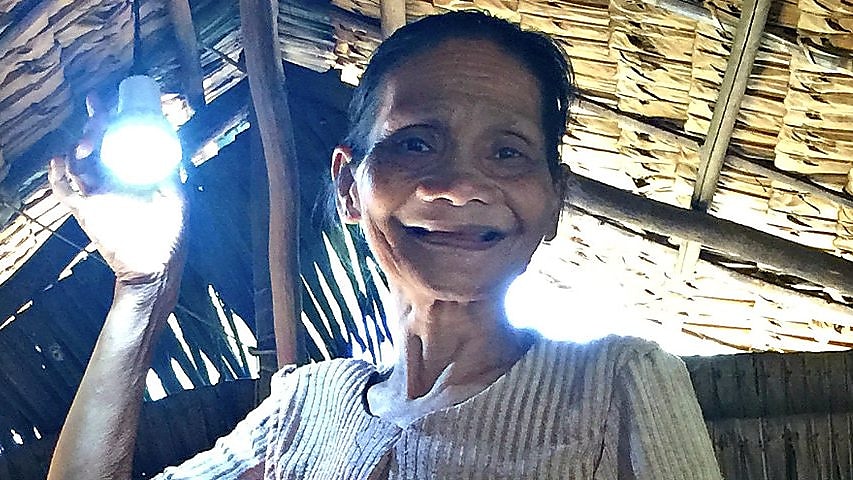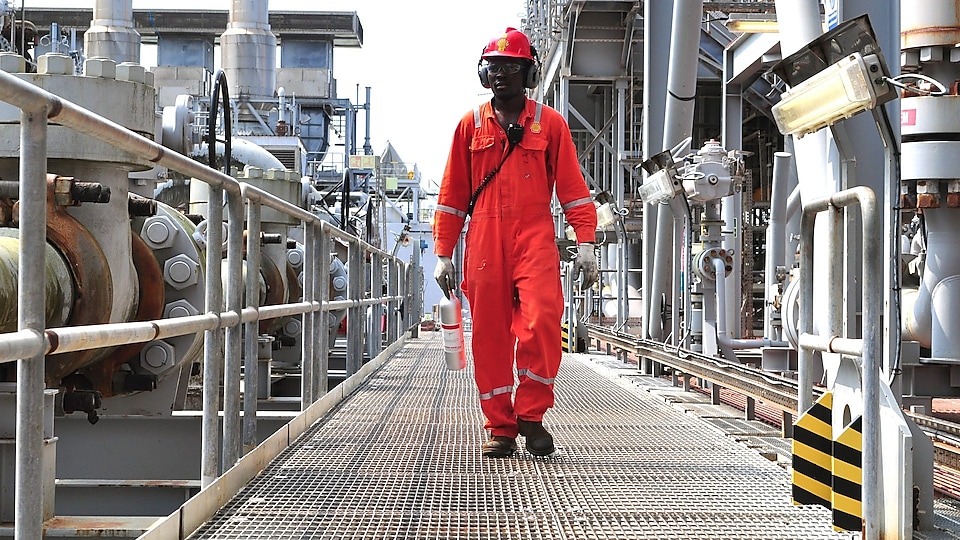Engaging with communities
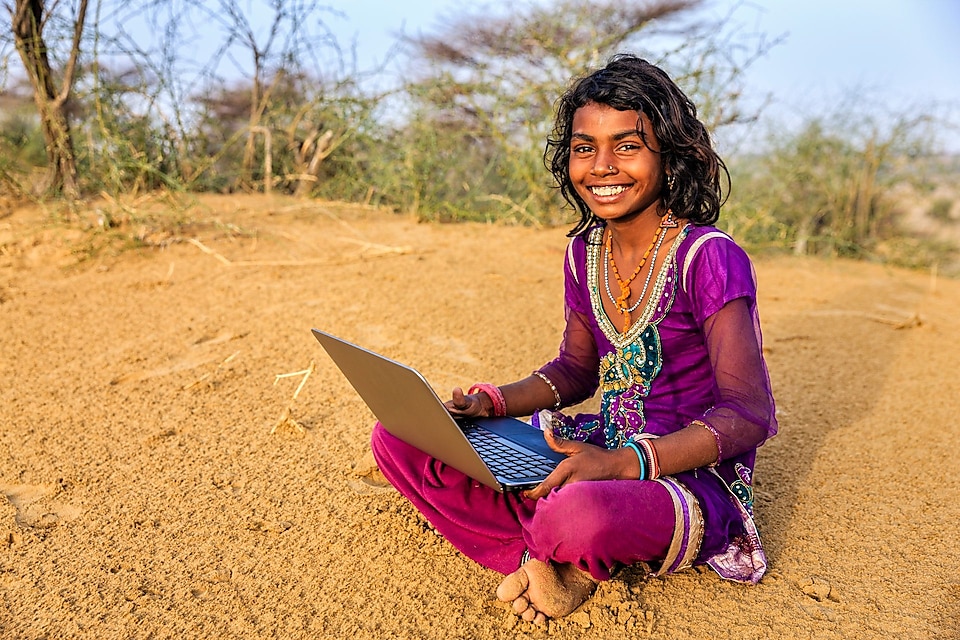
Respectful engagement with local communities is critical to the success of projects and long-term operations. We need to understand the priorities and address the concerns or grievances people may have.
It is important to us that people in communities are able to contact Shell, give feedback and receive a response or action from us. We have implemented “community feedback procedures” at major operations and projects to receive, track and respond to questions and complaints from community members before they can escalate.
In South Korea, for example, the local community was concerned about noise levels from the construction of the Prelude floating LNG plant. We responded by installing industrial silencers to reduce disturbance from the shipyard. Read more about this story.
In Colombia we engaged with local communities located along the Caribbean coast to understand their concerns around safety whilst fishing at sea. Following these engagements a programme sponsored by Shell, fishermen and women from Colombia’s coastal communities have adopted new safety practices designed to reduce risk. Read more about this story.
We have also worked with IPIECA (the global oil and gas industry body for environmental and social issues) to include our experience in managing community feedback in publicly-available guidance documents and toolkits. This helps our industry to improve its management of community concerns.
Indigenous peoples
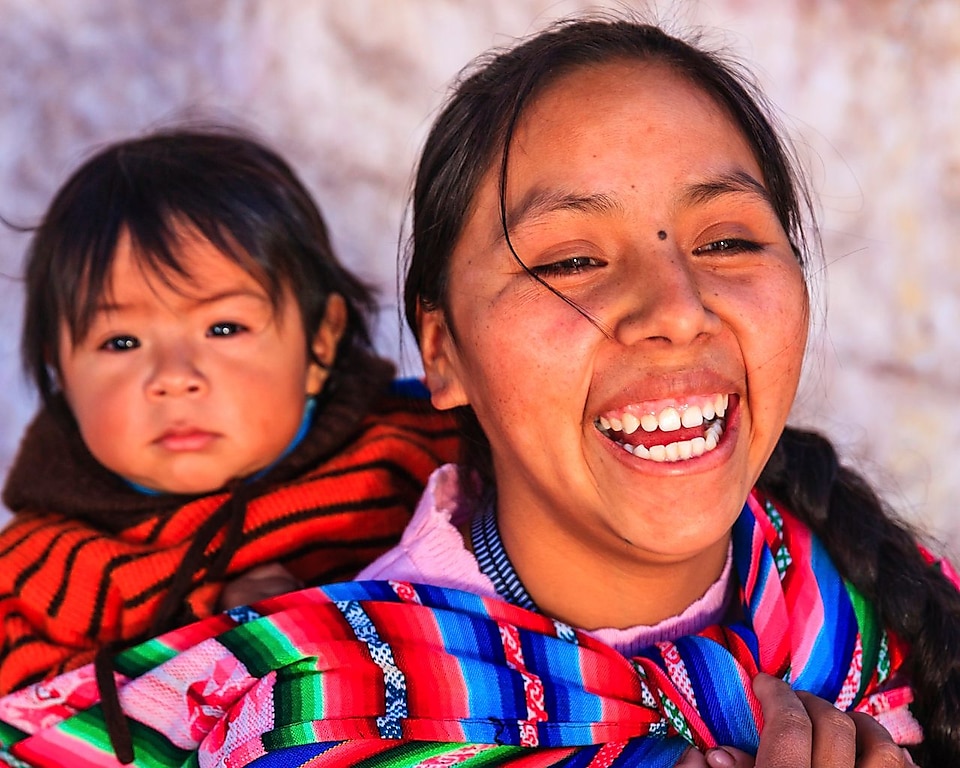
Our operations in certain parts of the world affect indigenous peoples who hold specific rights for the protection of their cultures, traditional ways of life and special connections to lands and waters. In some countries, for example in Canada, Australia, Bolivia and Philippines, indigenous peoples hold specific rights recognised by law that protect their cultures and ways of life. In line with Shell’s General Business Principles, and in support of the UN Declaration on the Rights of Indigenous Peoples, our approach is to continue seeking the support and agreement of indigenous peoples potentially affected by our projects. We do this through mutually agreed, transparent and culturally appropriate consultation and impact management processes. It requires open dialogue, good faith negotiations, and, where appropriate, the development of agreements that address the needs of indigenous peoples.
We recognise the principle of free, prior and informed consent (FPIC), as interpreted by the International Finance Corporation Performance Standards, as a safeguard for indigenous peoples’ rights. We believe our approach is consistent with the application of this principle, while respecting the laws of the jurisdictions in which we operate.
Cultural heritage
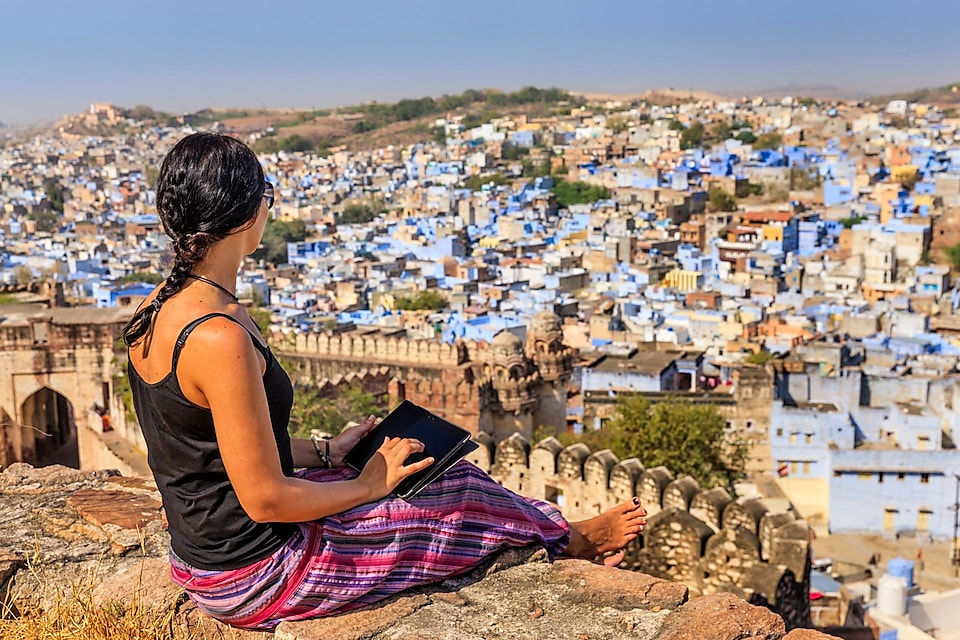
Cultural heritage can be represented in tangible form, such as treasured artefacts, or as intangible attributes, like language or traditions. It may have great value for past, present and future generations. Our specialists work to preserve cultural heritage near our operations.
For example, Shell is the operator of the Majnoon oil and gas field in Iraq. The field is the site of rich cultural heritage due to its proximity to an area considered the cradle of civilisation. In 2016, Shell – in consultation with the Ministry of Antiquities – identified two additional archaeological sites to the 10 previously identified. All sites are recorded in Shell’s geographic information system. In 2017, they will be formally registered with the Ministry of Antiquities and artefacts will be handed over to the Basra Museum. Read more about this story.
Managing resettlement
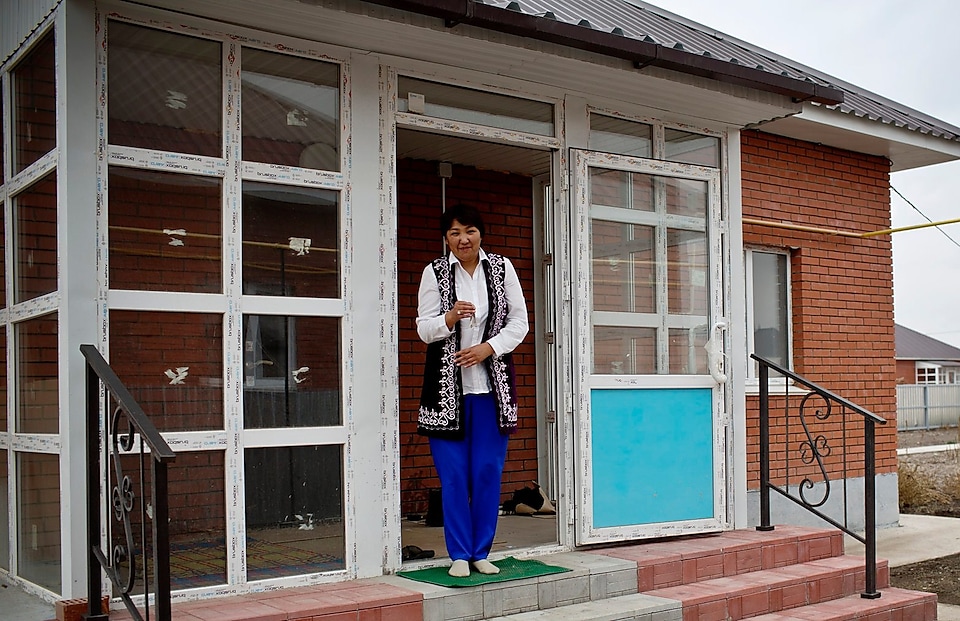
Our operations sometimes require temporary or permanent access to areas of land or sea where people are living or working. We first try to avoid the need to resettle people, and where unavoidable, we work with local communities to help them relocate, maintain their standard of living or, if necessary, find new livelihoods. This is done through the development and implementation of “resettlement action plans” or “livelihood restoration plans”.
As part of our commitment to work with communities impacted by our operations, Shell restores land left behind once a project has been decommissioned. In the Sichuan province, southwest China, we worked to safely restore the area used for drilling wells. Read more about this story.
Sometimes we also need to resettle communities who are impacted by our operations. Shell has worked closely with the regional government in northwest Kazakhstan to support the safe relocation of people from the villages of Berezovka and Bestau. Read more about this story.
In Cagayan de Oro, a city in the Philippines, Shell worked with the local government to resettle people affected by our operations. Read more about this story.

